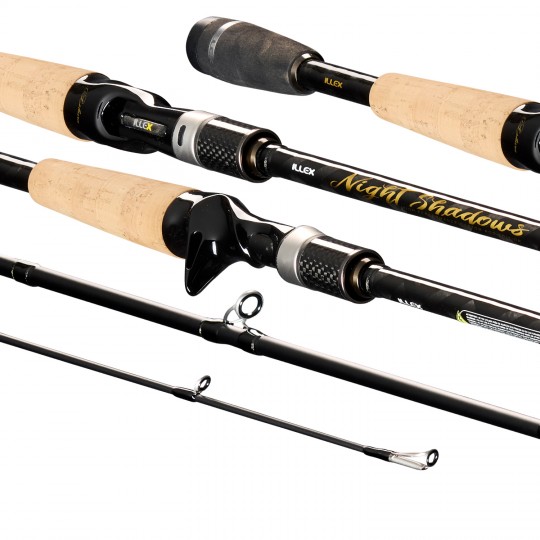
Casting Rod Illex Night Shadows B 220 MH Power Versatile
Shipping 24 H
- New
Lure fishing is a sport that has seen many techniques developed over the last few decades. If you're after perch, pike-perch or catfish, you'll need to buy a rod lure.
The range is divided into two main categories. You'll find casting rods and spinning rods. You'll choose one or the other depending on the technique you want to use.
Pike and trout fishing will inevitably lead to different choices. When you're thinking about your predator fishing equipment, you'll need to consider your choice of reel, line and whether you'll be fishing from shore or from a boat.
The rod fishing line will have to meet criteria such as size, number of strands and construction materials, alternating between fibre and carbon. This will ensure that the lures you choose, such as a spinnerbait or a soft bait, are used to best effect. Whether you're stalking pike or zander, our guide to the best soft lure brands is sure to help you complete your line and rig in the best possible way.
You'll also find other approaches to livening up a different rig. Techniques such as Tenkara and fly fishing come to mind. The diameter of the fishing line will be of vital importance to the success of your fishing or the effectiveness of your casts.
As you can see, the choice will require you to think a little about your use or what you want to do. Thinking about it beforehand will ensure that you enjoy your fishing in the future.
These are the spinning rods you'll find in greatest numbers. They are used by the majority of anglers in France. They are fitted with a spinning reel which should be chosen according to the size of the rod and the diameter of the line body required.
Generally speaking, you'll find a classification based on a number of technical points. Length is the first consideration. A choice that's long enough for practice from the shore and thus achieve good casting distances, and an option for fairly short lengths for practice from a boat or float tube.
The second important point is the power or rather the range of power offered by the blank. As predator fishing is done with a variety of different lures, it's important that your rod is well adapted to the use you'll be making of it. A rod that's too powerful will make you lose sensation, and a rod that's too light risks breakage.
A third aspect to keep an eye on is size. Depending on your location and your spotlights, you can opt for the sensations of a single-strand or the practicality of a multi-strand for your more distant trips.
Finally, the various pieces of equipment that come with the carbon will be details that offer a little more comfort and adaptation to your technique. For example, a solid reel seat for catfish or corrosion-resistant rings for sea bass.
These are less numerous than the spinning models. Casting comes straight from countries like Japan and the United States. Growing demand from French anglers has gradually led to good distribution in France.
When choosing your casting rods, you need to take into account the same characteristics as above. Once again, you won't fish for pike-perch with the same equipment as for other predators.
Length will also be important. Although this is different, as casting sets are not generally designed to cast particularly far. The choice of technique will guide your selection. A rod for jerking will be short, a model for big swimbaits will be long ... etc etc.
The handle and its measurement from heel to trigger may also be of interest. Whether you use your wrist or your forearm, you need to be comfortable to be able to cast and retrieve for hours on end. You'll regularly find this information on our product sheets.
The action of the rod is essential to know. Regular actions for crankbaits and spinnerbaits, fast actions for small bibs and certain soft lures or a very fast action for scratch soft lures.
Finally, a rod is characterised by its casting power. These ranges will help you make the right choice for your fishing style and the lures you have.
Even if most of today's predator stalking is represented by the two types of practice mentioned above, there are others. The desire of some to push certain aspects further and further forces them to take other paths.
The fly and its streamers of all kinds is surely the most representative technique. Depending on the species you're after, you'll find everything you need to play the bait, imitating as closely as possible what happens on the water.
The movements may seem inaccessible to some, but in the end they're easy enough to understand and acquire, for immense pleasure when touching and fighting.
In the same vein, consider the Tenkara. Generally reserved for stalking trout, this technique is seeing the emergence of new variations. Tracking black bass or even perch in certain areas could be totally imaginable, with a rig and line diameter designed for this purpose.
The spincast, widely used in the USA, could also be an option. It makes the reel easy to use, so beginners can quickly get to grips with the fish on their own.
Although not authorised everywhere, you can also turn to trolling fishing. Widely used in very large bodies of water or open seas, this technique regularly gives very good results, particularly in the search for very large fish.
See our full predator fishing tackle catalogue:
Filter By
1597 products

Shipping 24 H
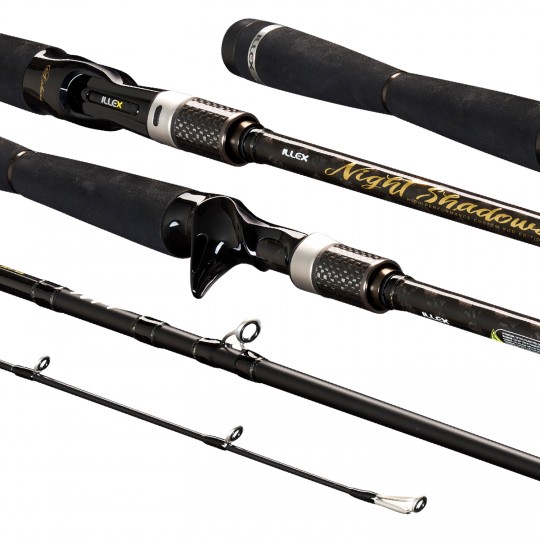
Shipping 24 H
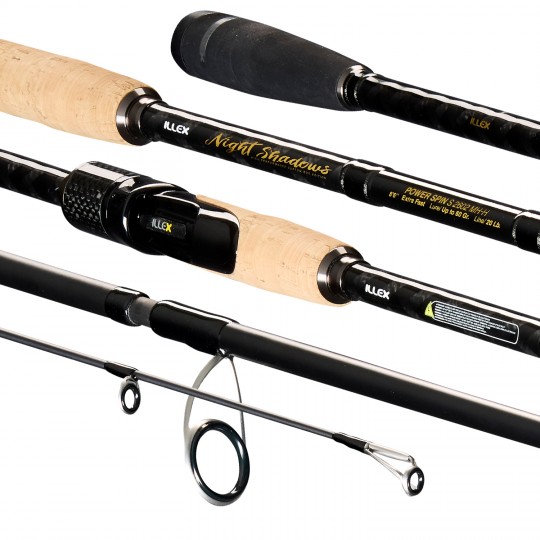
Shipping 24 H
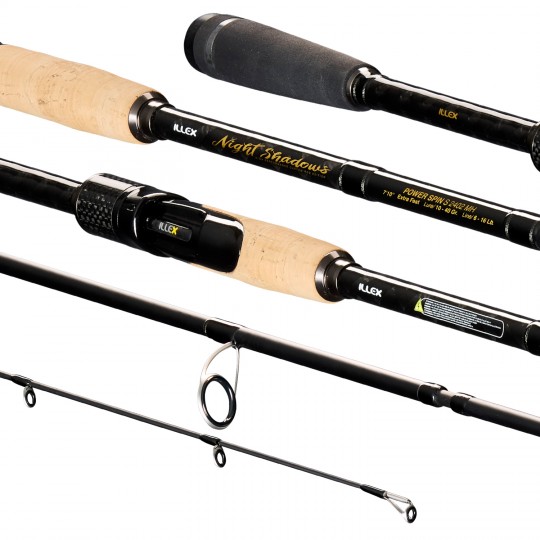
Shipping 24 H
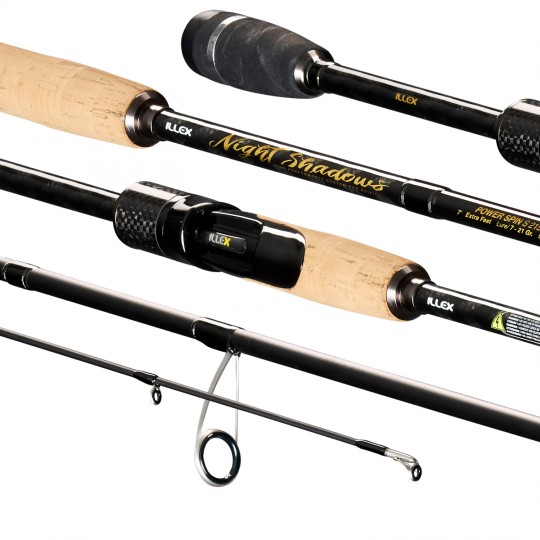
Shipping 24 H
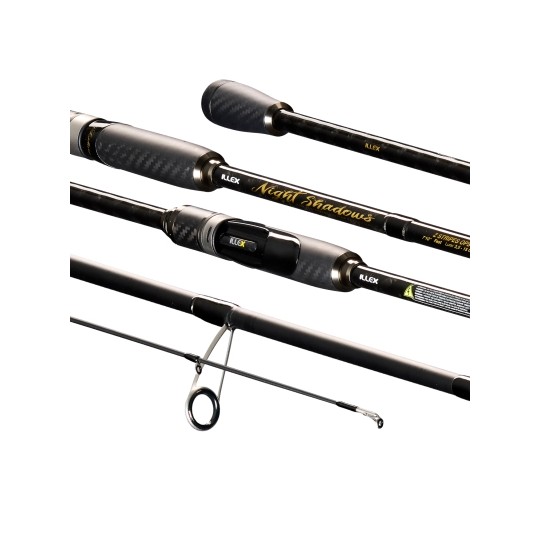
Shipping 24 H

Shipping 24 H

Shipping 24 H
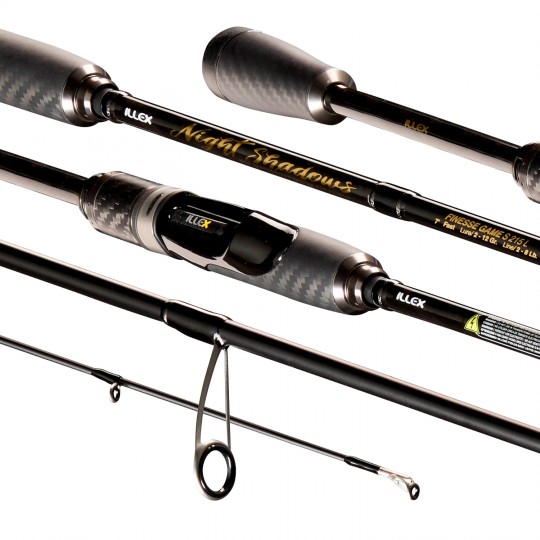
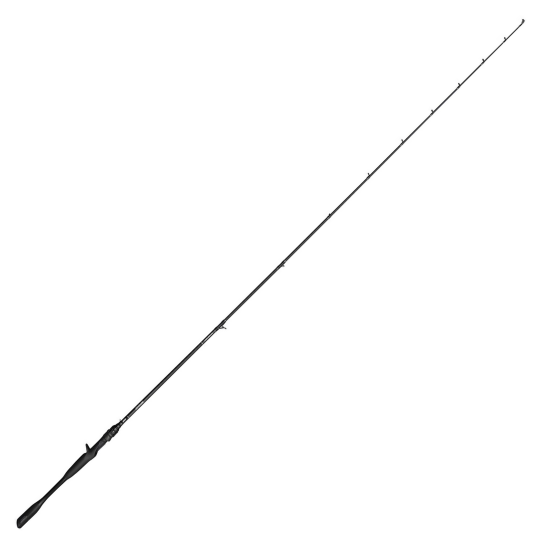
Shipping 24 H
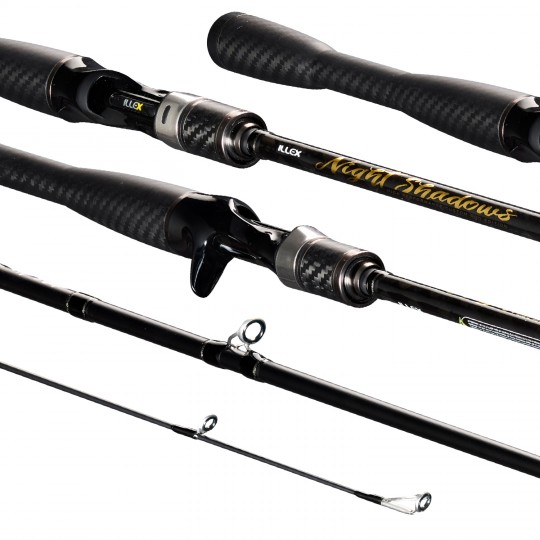
Shipping 24 H
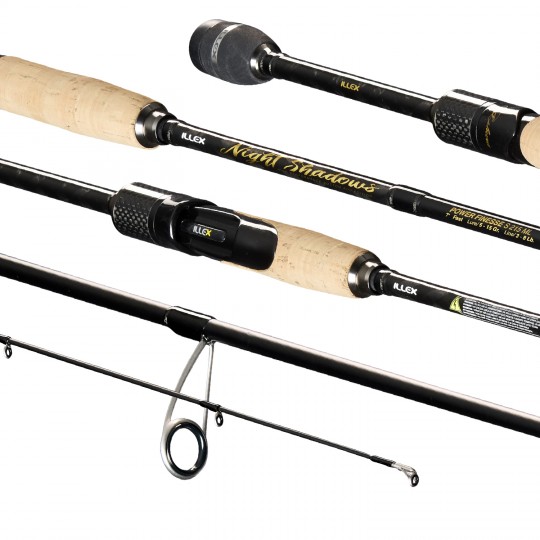
Shipping 24 H

Shipping 24 H
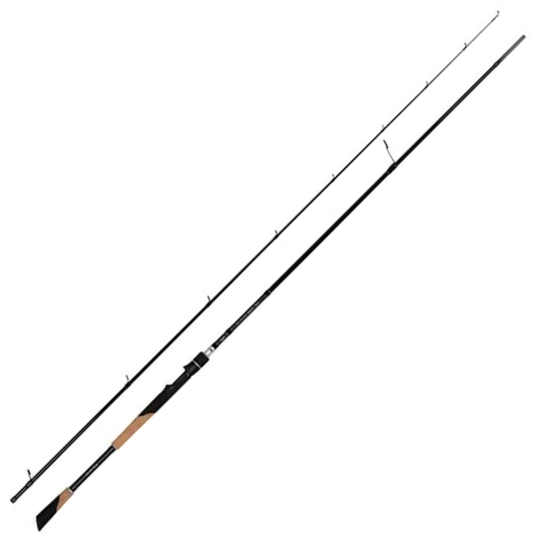
Shipping 24 H
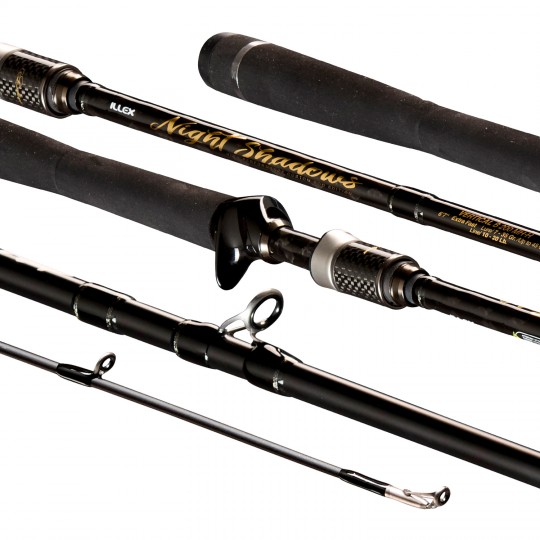
Shipping 24 H
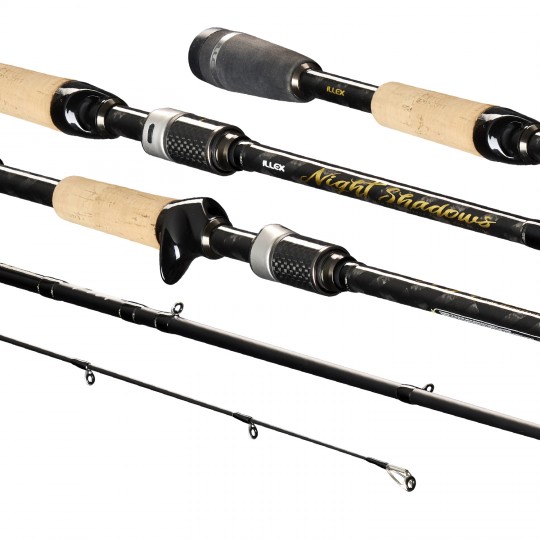
Unavailable at the moment
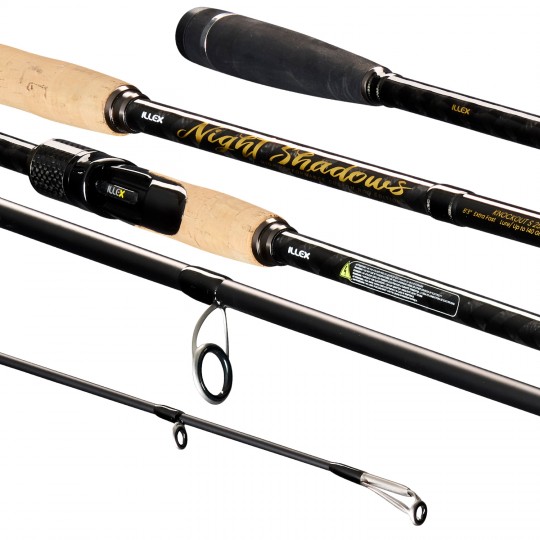
Shipping 24 H
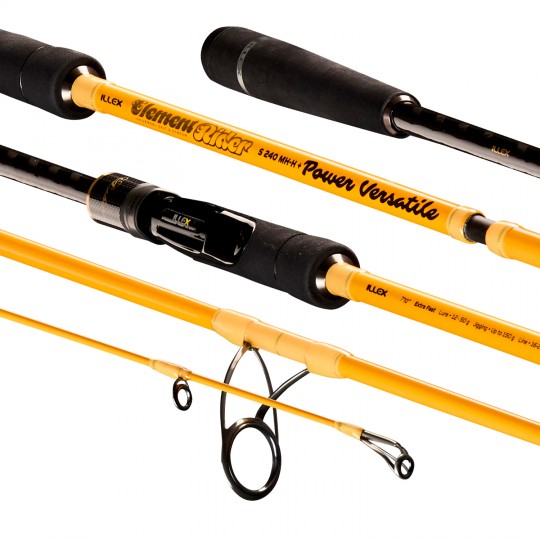
Shipping 24 H
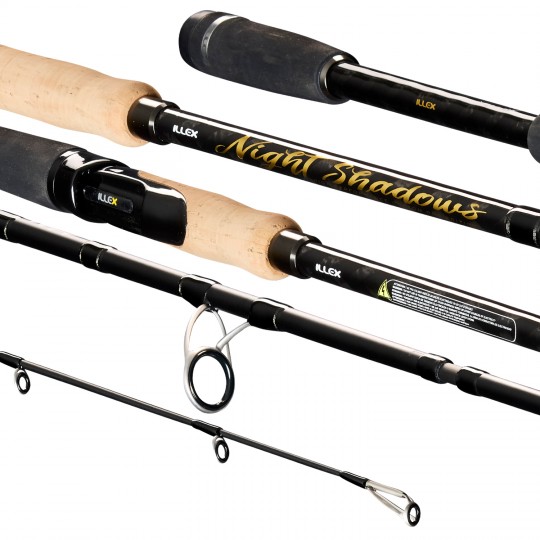
Shipping 24 H
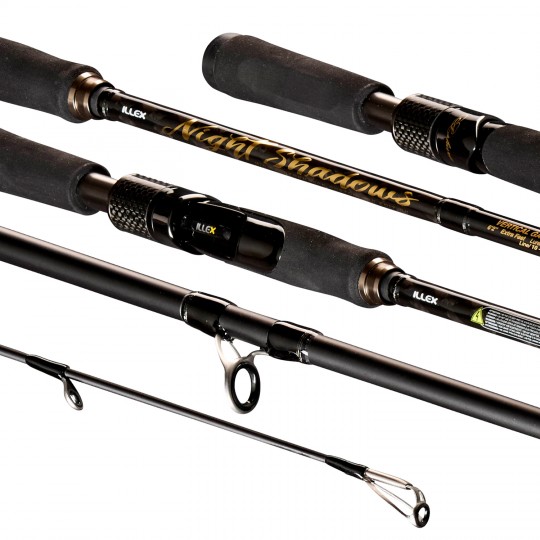
Shipping 24 H
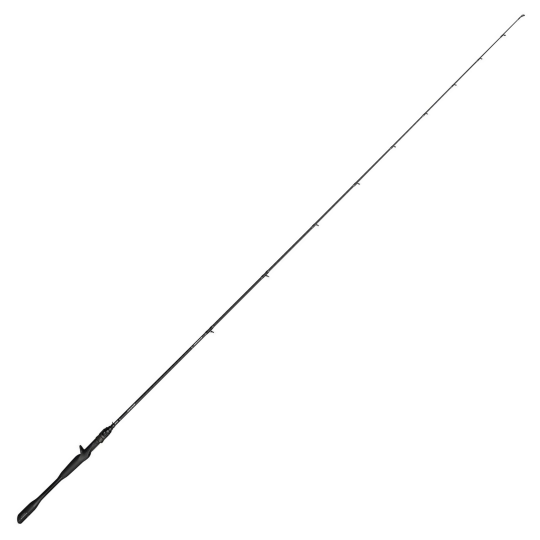
Shipping 24 H
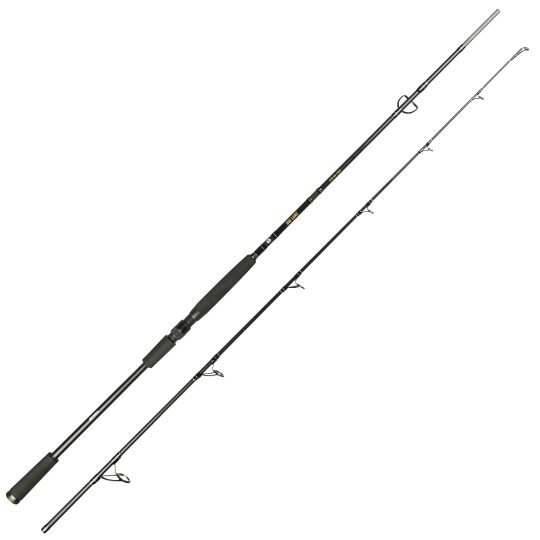
Shipping 24 H
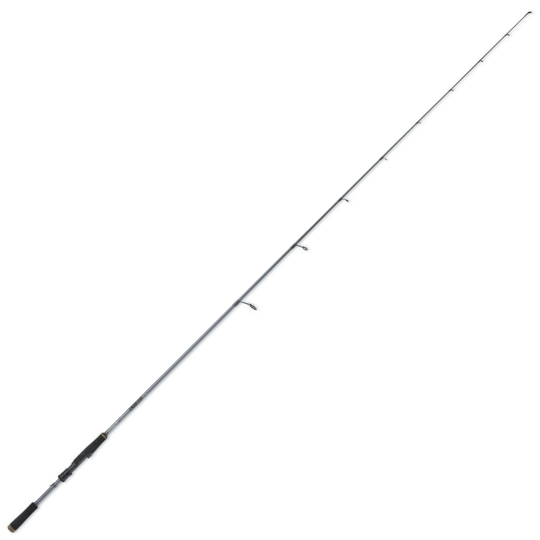
Shipping 24 H
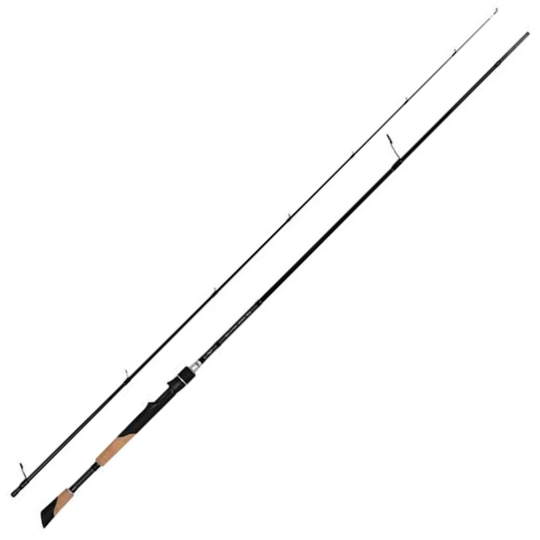
Shipping 24 H
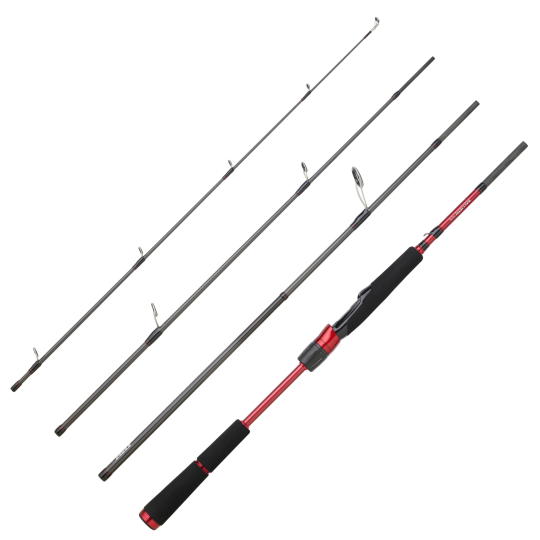
Shipping 24 H
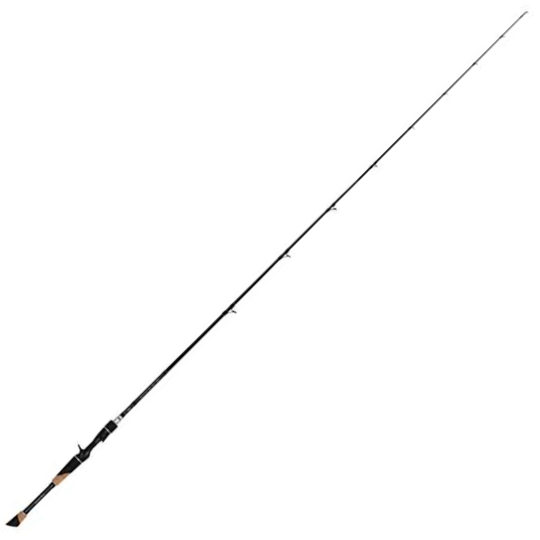
Shipping 24 H
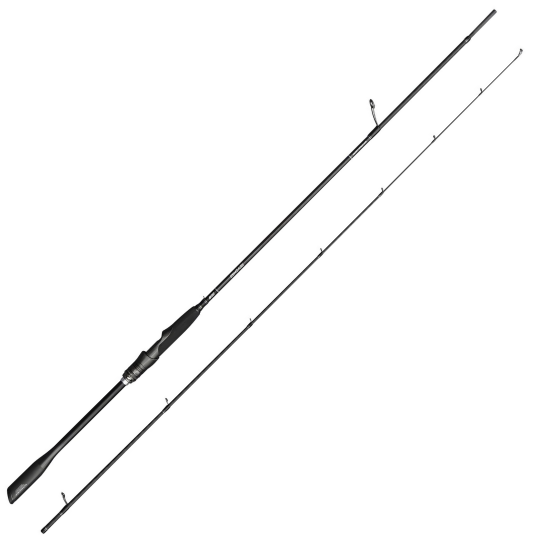
Shipping 24 H
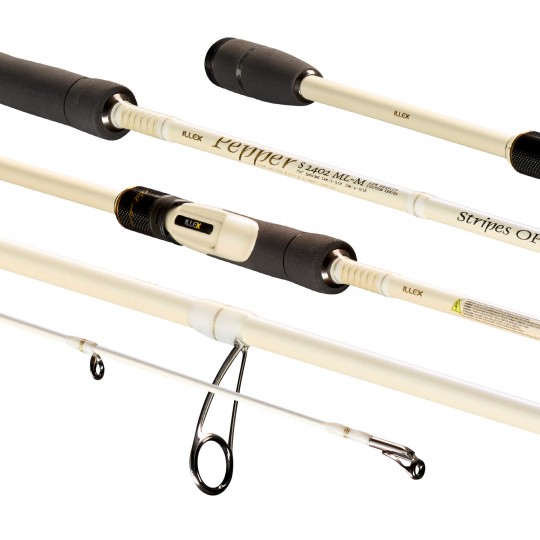
Unavailable at the moment
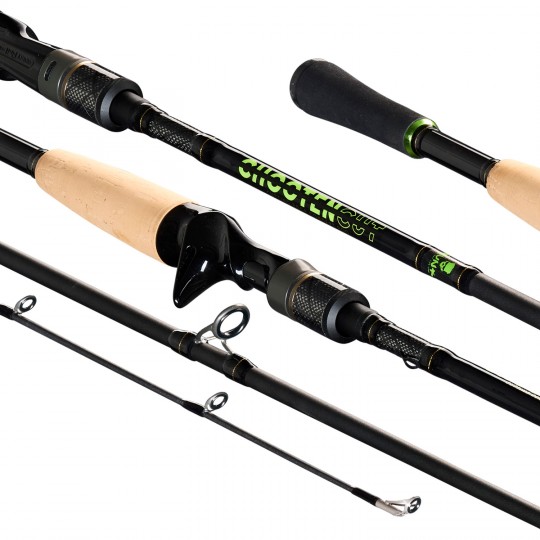
Shipping 24 H
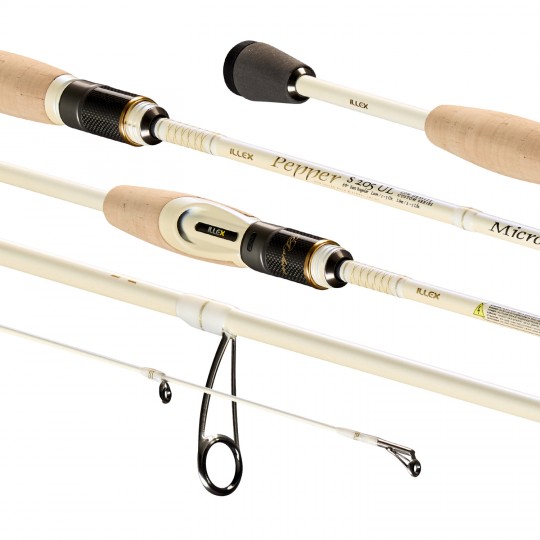
Shipping 24 H
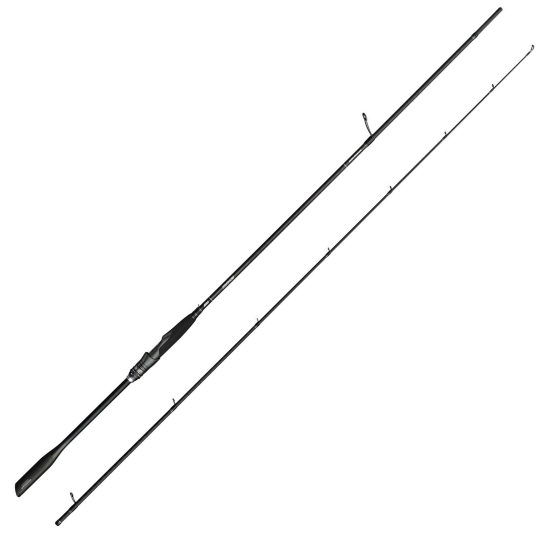
Shipping 24 H
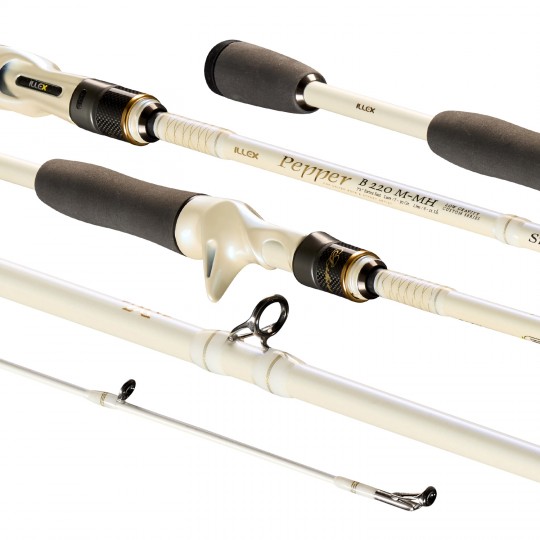
Shipping 24 H
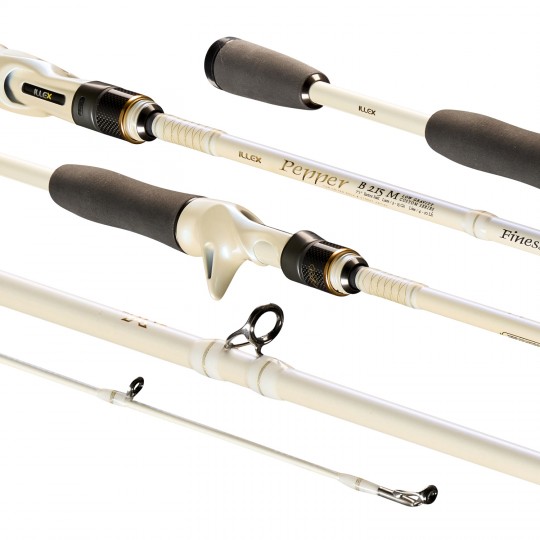
Shipping 24 H
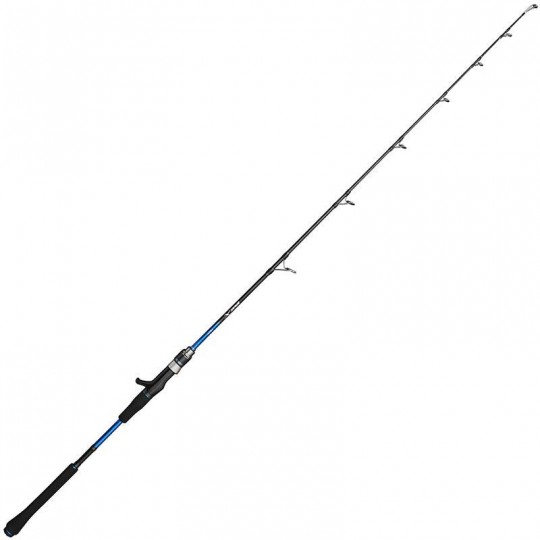
Shipping 24 H
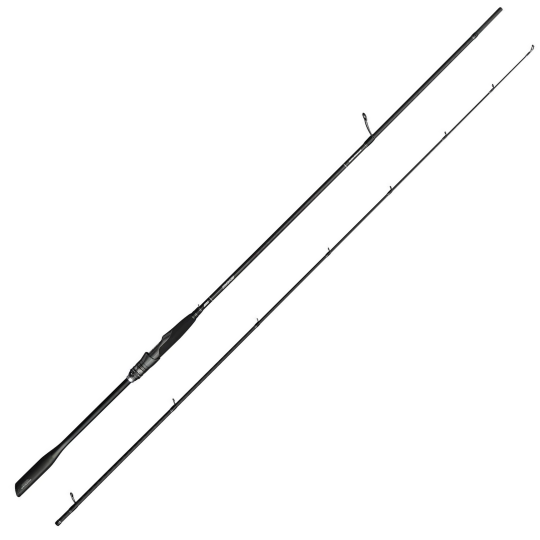
Shipping 24 H
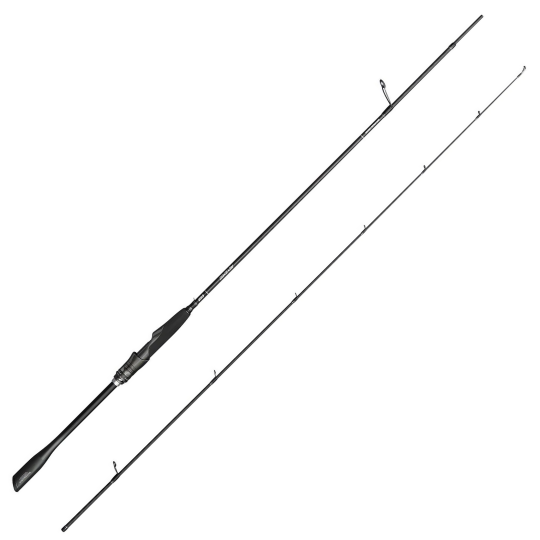
Shipping 24 H
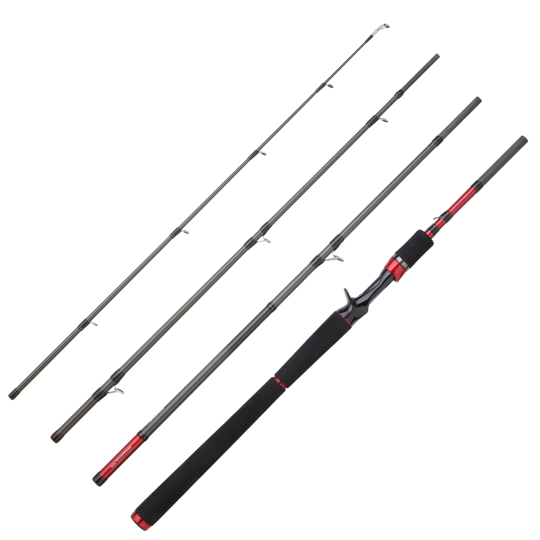
Shipping 24 H
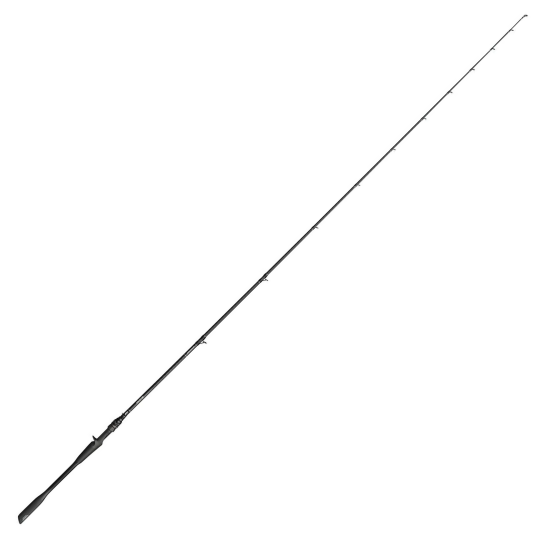
Shipping 24 H

Shipping 24 H
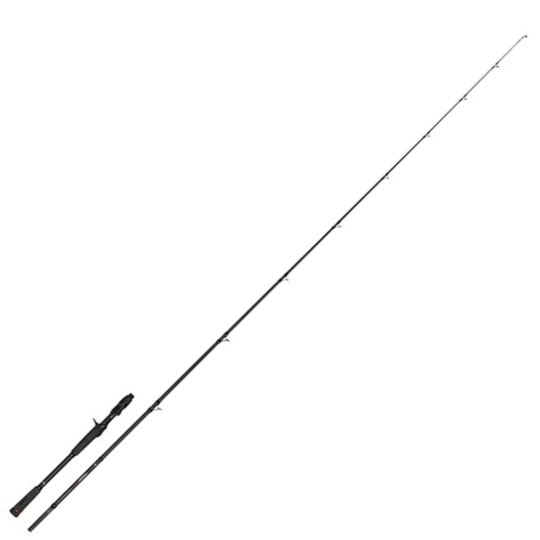
Shipping 24 H
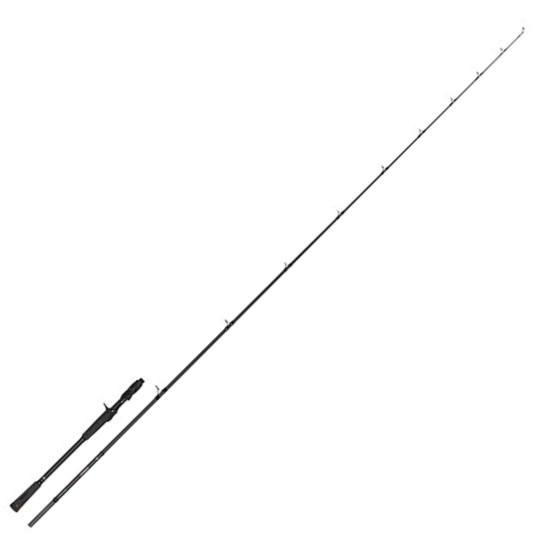
Shipping 24 H
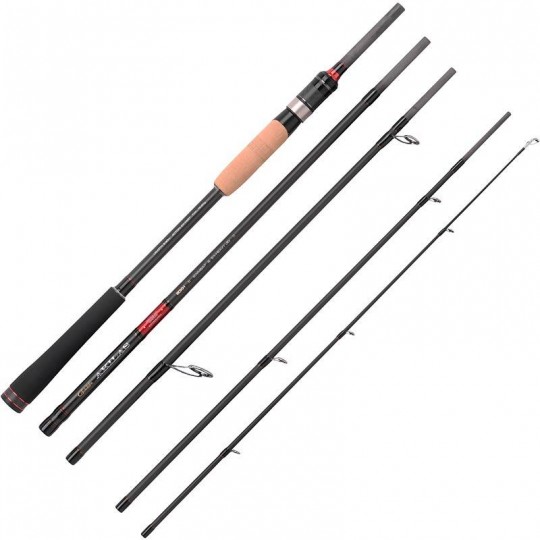
Shipping 24 h
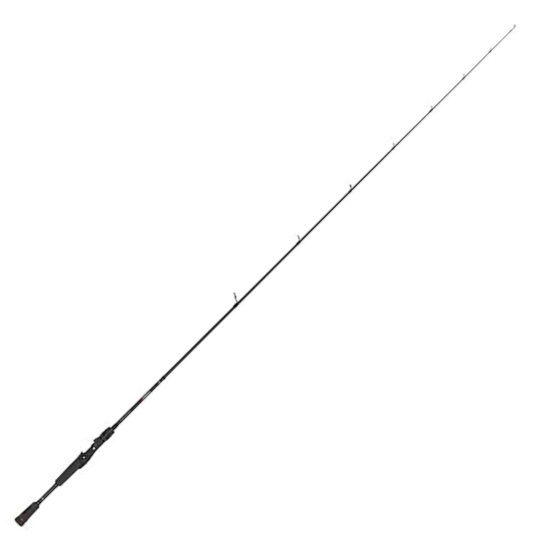
Shipping 24 H
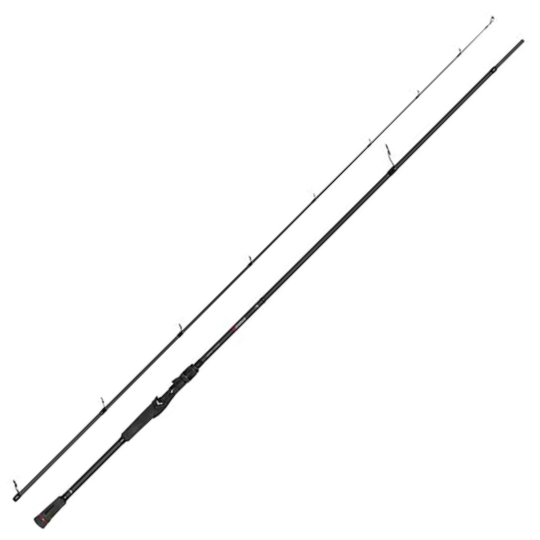
Shipping 24 H

Shipping 24 H
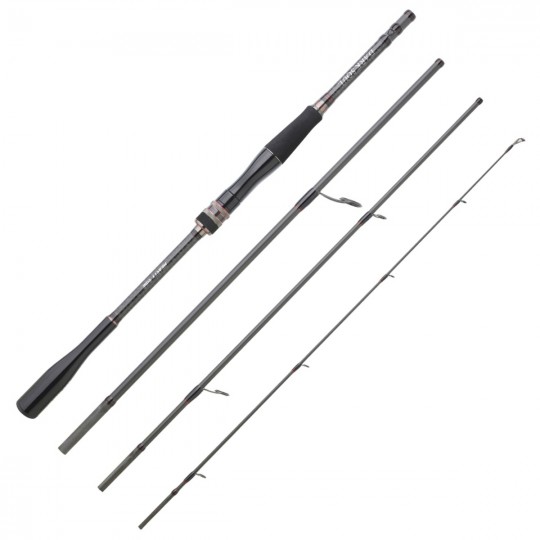
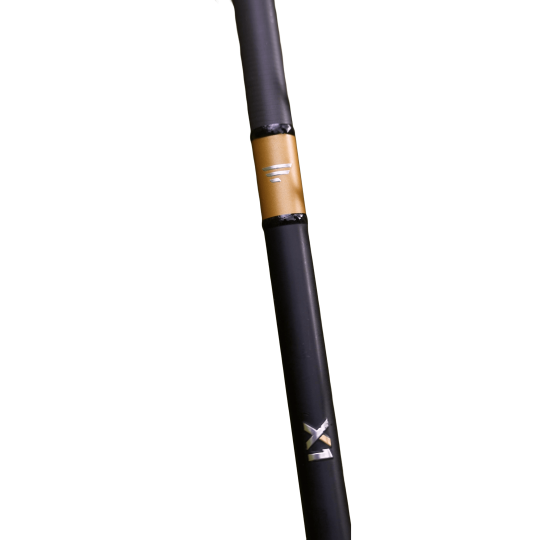
Unavailable at the moment
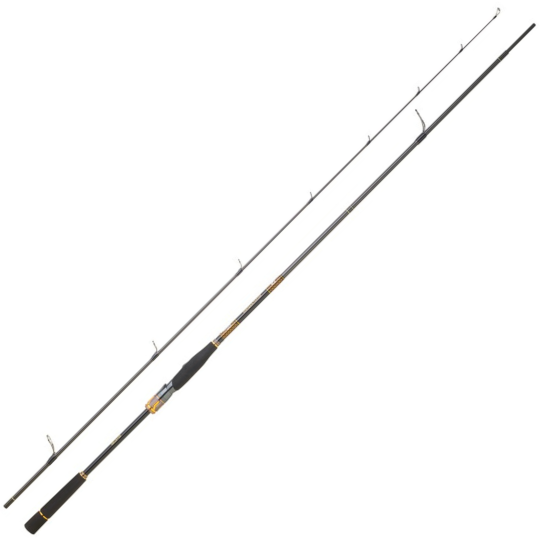
Shipping 24 H
Read on the subject